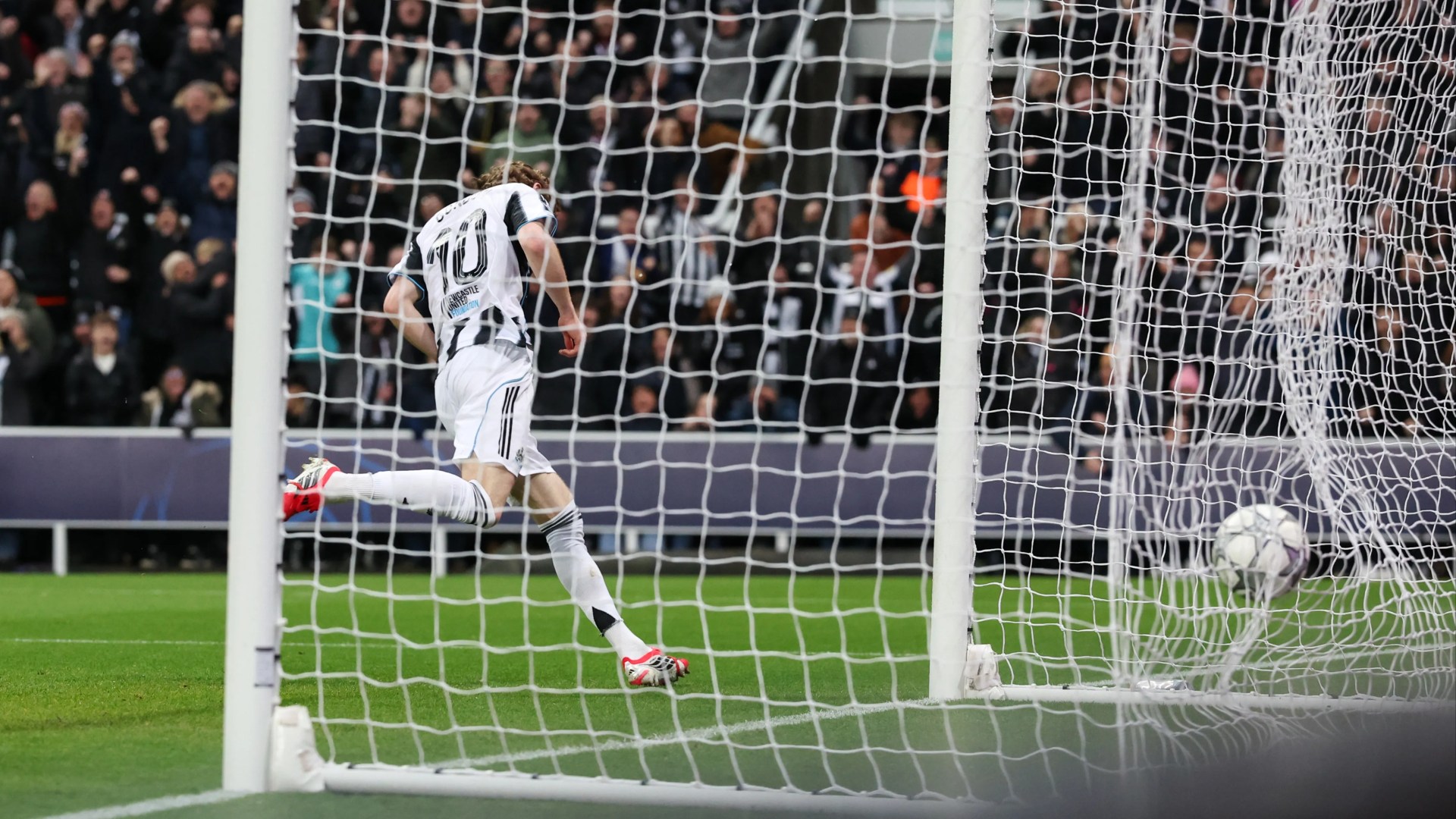
South Africa's lock RG Snyman (C) greets Georgia's centre Demuri Tapladze (2L) after their victory during the international rugby union Test match between South Africa and Georgia at Mbombela Stadium in Mbombela on July 19, 2025. (Photo by PHILL MAGAKOE / AFP) (Photo by PHILL MAGAKOE/AFP via Getty Images)
Springboks head coach Rassie Erasmus has declared an end to the team’s recent phase of experimentation following South Africa’s commanding 55-10 victory over Georgia in Mbombela. This win, part of a series characterized by both scientific tinkering and overwhelming performances, signals a strategic pivot towards consistency as the Rugby Championship looms.
The Springboks showcased their prowess with nine tries against the Lelos, yet Erasmus acknowledged that the experimental nature of their recent matches, including a non-cap game against the Barbarians, had disrupted their rhythm. “We’re fairly happy if you look over the four games,” Erasmus commented. “We scored close to 50 points in each match and apart from the first Italy test defended pretty well.”
From Experimentation to Consistency
Throughout the July series, the coaching staff made significant changes to the squad, with 10, 15, and then 16 alterations in consecutive weeks. While this approach allowed many players to gain valuable experience, it also hindered the development of team cohesion. “Georgia were physical and disruptive but that’s not an excuse for us making so many errors,” Erasmus noted. “If we chop and change teams like we have, as we’re building squad depth, you’ll lose rhythm.”
Set Plays: 8 Scrums, 10 with a 100% Scrum Win Percentage; 16 Lineouts, 14 with an 88% Lineout Win Percentage; 9 Restarts Received, 3 with an 89% Restarts Received Win Percentage.
Looking ahead, a 36-man squad will be announced for the upcoming two-Test series against Australia. Erasmus emphasized that while there might still be some room for experimentation, the primary focus will be on refining the core team. “Within that squad, there’ll be one or two guys that we experiment with, but the bulk of that squad will be experienced players who are suited to the way we want to play,” he explained.
Building Depth and Experience
Despite the changes, Erasmus expressed satisfaction with the series’ outcomes. “This was a series where we wanted to experiment a little bit, so getting the scorelines we did is pretty satisfying,” he said. The Springboks concluded the series with a remarkable tally of 22 tries scored and only four conceded, marking a second consecutive victory with a 45+ point margin following their 45-0 triumph over Italy.
Among the players who have emerged during this period, Erasmus highlighted the potential of several young talents. “We’ve got a group of 48 players or so that we’ve used this year and there’s quite a couple that we’d also like to give opportunities to — like Jaden [Hendrikse], Jordan [Hendrikse], Quan Horn, Renzo [du Plessis],” he stated.
Challenges and Opportunities
One notable aspect of the match against Georgia was flyhalf Sacha Feinberg-Mngomezulu’s inconsistent goal-kicking, converting only one of his five attempts. Erasmus revealed that a hip pointer injury sustained during the warm-up affected Feinberg-Mngomezulu’s performance. “He wanted to play, but that’s not an excuse for the way he kicked at poles,” Erasmus remarked. “He ran it out and we like guys that try things and not just play safe, and he’s certainly not one of the guys that made the most errors.”
The shift towards consistency comes as the Springboks prepare for the Rugby Championship, a competition known for its intense level of play. The move represents a strategic adjustment aimed at solidifying the team’s performance against top-tier opponents.
As the Springboks transition from a phase of experimentation to one of stability, the upcoming matches will provide a crucial test of the team’s readiness and cohesion. With a blend of seasoned players and emerging talents, Erasmus and his squad are poised to tackle the challenges of the Rugby Championship head-on.





